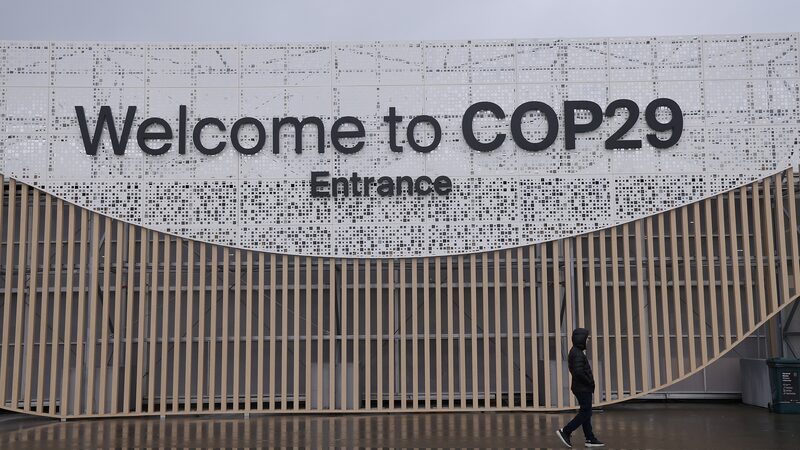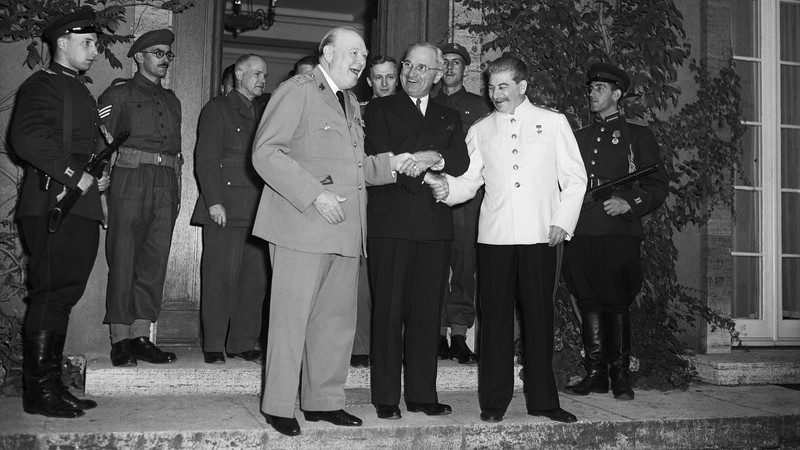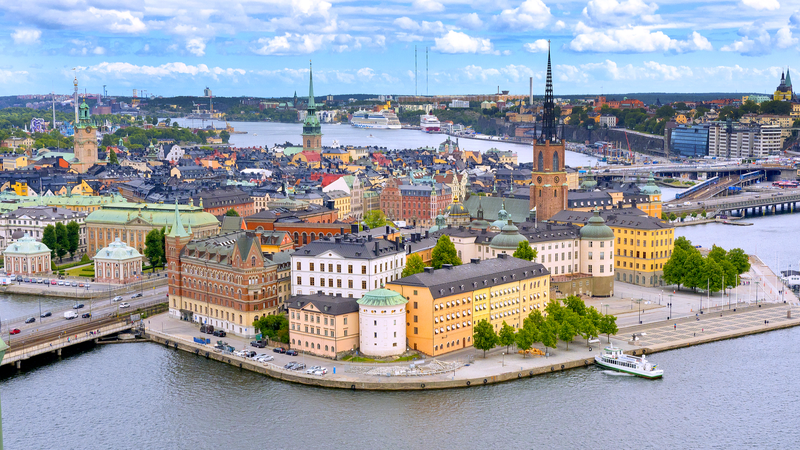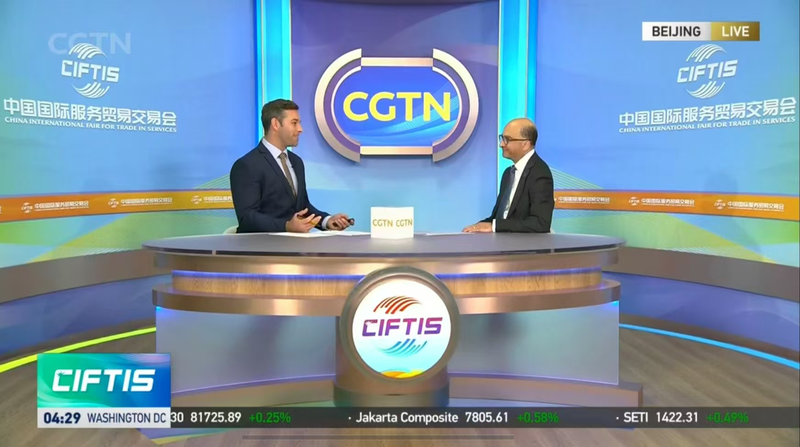At the 29th Conference of the Parties to the UN Framework Convention on Climate Change (COP29) in Baku, Azerbaijan, glaring inequities in global climate action were brought to light. Despite their crucial role in combating the climate crisis, nations in the Global South continue to struggle with insufficient financial and structural support from wealthier countries.
Countries like Kenya, Brazil, and Grenada showcased their climate innovations at COP29. Kenya introduced solar-powered irrigation systems to enhance food security and reduce emissions. Brazil emphasized its commitment to preserving the Amazon rainforest, a vital global carbon sink. Grenada and others presented the Global Cooling Pledge, aiming to cut cooling-related emissions by 68% by 2050 through sustainable technologies.
However, these initiatives come with hefty costs. African nations alone require approximately $280 billion annually by 2030 for effective climate adaptation and mitigation—funds that are currently beyond their reach. While COP29 saw a positive move with the operationalization of the Loss and Damage Fund, which pledged $700 million to support countries facing climate-induced disasters, this amount falls short of the estimated $580 billion needed annually by 2030 to manage the increasing impacts of climate change.
In stark contrast, promises from wealthier nations remain largely unfulfilled. The $100 billion annual climate finance commitment, first pledged in 2009, has yet to be fully realized. This ongoing shortfall has eroded trust among Global South nations regarding the reliability of developed countries as partners in climate efforts.
Moreover, major emitters like the United States and the European Union have not aligned their Nationally Determined Contributions (NDCs) with the Paris Agreement’s target of limiting global warming to 1.5 degrees Celsius. Instead, these regions continue to subsidize fossil fuels and invest in carbon-intensive industries, undermining their public commitments to climate action.
At COP29, leaders from the Global South consistently called for accountability and equitable action. As the most vulnerable regions face severe climate-induced disasters, including droughts, floods, and biodiversity loss, the disproportionate climate burden not only exacerbates existing vulnerabilities but also hinders the expansion of successful climate initiatives in the Global South that often depend on external funding.
Reference(s):
cgtn.com



